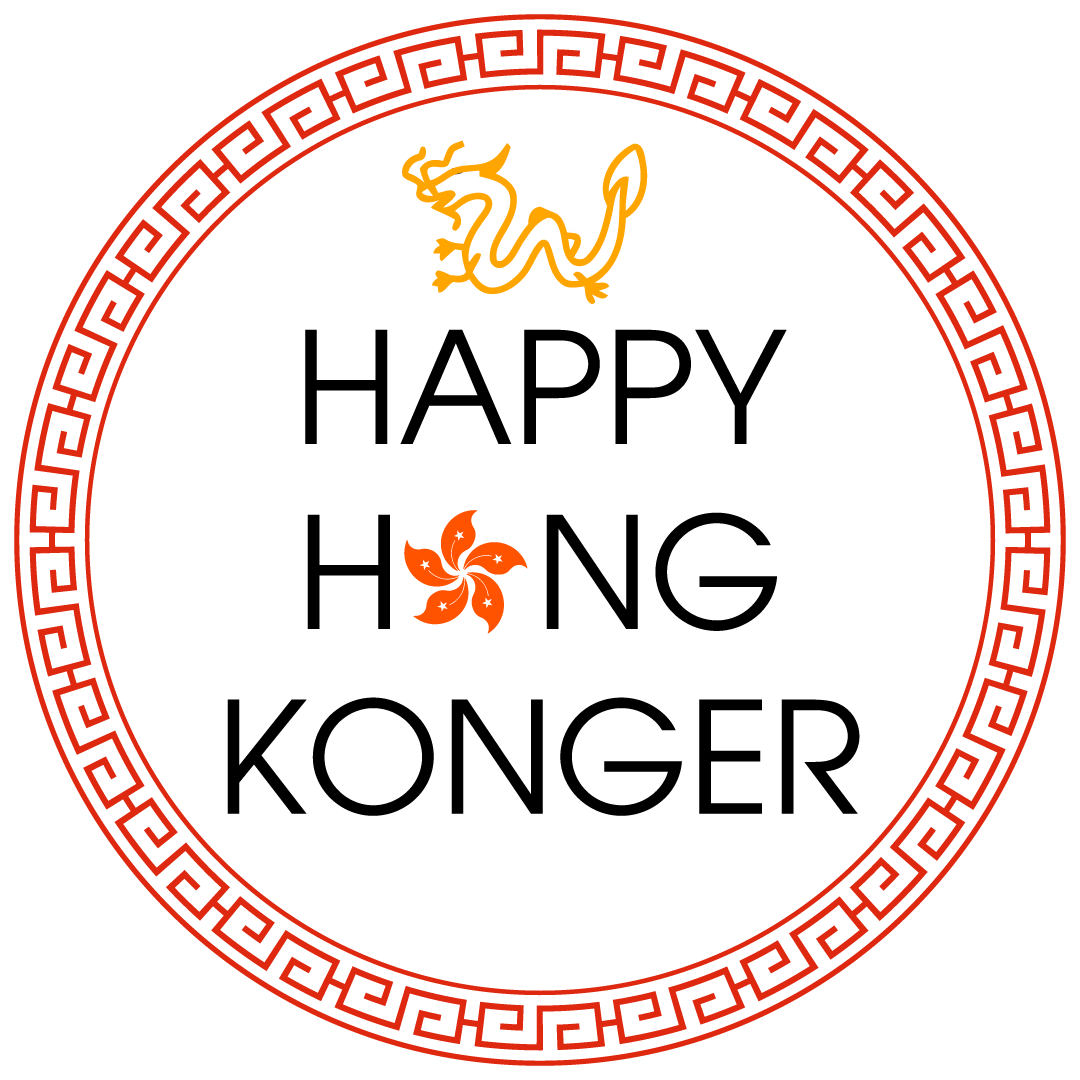

Understanding the Hong Kong FSIE Regime
As of 2024, understanding the recent changes to Hong Kong’s Foreign-Source Income Exemption (FSIE) regime is crucial. The FSIE regime, which exempts certain foreign-sourced income from local taxation, has been expanded to include dividends, interest, IP income, and gains from equity disposals. Key updates include the need for substantial economic activities in Hong Kong, a minimum 5% equity holding not less than 12 months for dividend exemptions, and a direct link between IP income and R&D activities conducted locally.
Additionally, Hong Kong has committed to further refining the FSIE regime by the end of 2023, in line with the European Union’s guidance. These changes aim to enhance Hong Kong’s competitiveness as an international business hub by preventing double taxation and encouraging foreign investment. Ensuring compliance with these new requirements is essential for businesses and individuals seeking to benefit from the FSIE regime.
The Significance of a Cheat Sheet for the Hong Kong FSIE Regime Exemption
The Hong Kong Foreign-Sourced Income Exemption (FSIE) regime offers tax relief to eligible taxpayers on foreign-sourced income not already taxed in Hong Kong. This regime enhances Hong Kong’s appeal as a global business hub by providing tax incentives for foreign investors and businesses. To benefit from the FSIE regime, taxpayers must meet specific eligibility criteria, including qualifying income types and conditions necessary to claim the exemption. The application process requires submitting documentation within a set timeline, and the regime’s key advantage lies in reducing tax liability while boosting global competitiveness.
However, there are potential risks, such as non-compliance with regulatory requirements, which could disrupt tax planning. To ensure compliance with the FSIE regime, taxpayers are advised to engage professional advisors, maintain accurate records, and stay updated on tax law changes. Understanding the benefits, risks, and best practices is crucial for taxpayers to make informed decisions regarding their tax planning and compliance in Hong Kong.
Entities Subject to the Hong Kong FSIE Regime
The FSIE regime is applicable exclusively to members of multinational entity groups that fall under the jurisdiction of the new FSIE regulations, ensuring compliance with the updated standards.
Coverage of the Hong Kong FSIE Regime
The covered income encompasses interest, dividends, gains from the disposal of equity interests in an entity, and income derived from intellectual property. This includes various forms of revenue generated through these financial activities.
Responsibilities of a Multinational Enterprise (MNE)
A Multinational Enterprise (MNE) in Hong Kong is required to comply with the Foreign-Sourced Income Exemption (FSIE) regime, which operates on a self-reporting basis. MNEs must declare their specified foreign-sourced income and any chargeable amounts in their profits tax returns. If a profit tax return is not issued for a given year, the MNE must notify the Commissioner of Inland Revenue of its tax liability within four months after the close of the relevant basis period.
In addition to reporting requirements, MNEs must retain records of transactions related to foreign-sourced income. These records should be kept for at least seven years following either the completion of the transaction or the year in which the income is received in Hong Kong, whichever is later. This obligation ensures transparency and compliance with the FSIE regime.
To align with updated European Union standards, the Hong Kong government proposed revisions to the FSIE regime in April 2023. These changes would expand the scope of foreign-sourced disposal gains subject to the regime beyond just equity interests. However, MNEs may continue to benefit from non-taxable treatment of these gains if certain exemption provisions are met. The government is also exploring additional relief measures while maintaining the core structure of the current FSIE framework.
Specifications for FSIE Exemption
To qualify for the FSIE exemption, entities must meet economic substance requirements based on their structure. Pure equity-holding entities must comply with applicable registration and filing obligations under Hong Kong ordinances, such as the Companies Ordinance, and maintain adequate human resources and premises to conduct specified economic activities in Hong Kong. Non-pure equity-holding entities must employ a sufficient number of qualified employees and incur appropriate operating expenses in Hong Kong to demonstrate economic substance.
Entities outsourcing economic activities to third parties or group companies must ensure those activities are conducted in Hong Kong with adequate monitoring and control. The outsourced entity should be appropriately compensated, as should the resources they utilize. This includes qualified employees and operating expenses that should align with the level of activities performed. Double counting of resources is prohibited if the outsourced entity serves multiple clients.
Nexus Requirements for Intellectual Property Income
The second requirement to consider is the nexus requirement, which pertains to intellectual property (IP) income. Entities must establish a clear connection between their Hong Kong operations and the intellectual property rights that generate this income.
Eligibility Criteria for Dividend Participation and Capital Gains
To qualify for the FSIE exemption, entities must meet the participation requirement for dividends and disposal gains. This requirement applies to dividends received from a corporation or gains from the disposal of an equity interest in an entity outside of Hong Kong. Entities must hold, either directly or indirectly, a specific percentage of shares or capital in the foreign corporation to satisfy this requirement.
Navigating FSIE and Advance Ruling
The Hong Kong FSIE exemption includes a provision for the Advance Ruling mechanism, allowing taxpayers to seek guidance from the Hong Kong tax authorities regarding the interpretation and application of tax laws to their business transactions. Taxpayers may apply to the Hong Kong Inland Revenue Department (IRD) for an advance ruling to clarify their tax position.
Recent Changes to the Hong Kong FSIE Framework
In response to the EU Council’s recommendations, Hong Kong has amended its Foreign-Sourced Income Exemption (FSIE) regime for passive income. Multinational enterprises (MNEs) without a substantial presence in Hong Kong must now pay profits tax on certain types of foreign-sourced passive income, while companies with actual operations in Hong Kong will continue to enjoy the exemption. This aims to prevent entities incorporated solely for tax purposes from benefiting from the exemption.
The first amendment came into effect in January 2023 with the Inland Revenue (Amendment) Ordinance 2022, covering interest, dividends, IP income, and equity disposal gains. Following updated EU guidance, Hong Kong further expanded its FSIE regime with the Inland Revenue (Amendment) Ordinance 2023, which took effect in January 2024, extending the scope of taxable foreign-sourced disposal gains to include assets beyond shares or equity interests.
Premia TNC’s Expert Taxation Services
At Premia TNC, our team of seasoned tax professionals is well-equipped to guide you through the complexities of the Foreign-Sourced Income Exemption (FSIE) regime and the latest regulatory updates in Hong Kong. We provide a comprehensive suite of taxation services designed to ensure your business complies with all legal and financial obligations while also offering strategic insights to support your company’s growth. Whether you are looking to establish a new business or optimize your tax strategy, our expertise can help you navigate the intricate tax landscape in Hong Kong.
Frequently Asked Questions
1. Who is eligible for the FSIE exemption?
The FSIE regime applies exclusively to members of Multinational Entity (MNE) groups that are subject to the new FSIE regulations.
2. What types of income are covered under the FSIE regime?
The FSIE regime encompasses income from interest, dividends, gains from the disposal of equity interests in an entity, and intellectual property income.
3. What are the requirements to qualify for the FSIE exemption?
To be eligible for the FSIE exemption, entities must meet criteria related to economic substance, nexus, and participation.
4. What other taxes should be considered in Hong Kong?
In addition to the FSIE regime, other relevant taxes in Hong Kong include Profits Tax, Stamp Duty, and the Capital Investment Entrant Scheme.
5. What are the recent changes to Hong Kong’s Foreign-Sourced Income Exemption (FSIE) regime?
In response to EU Council recommendations, Hong Kong updated its FSIE regime, requiring MNEs without a substantial presence to pay profits tax on certain foreign-sourced passive income. The 2023 and 2024 amendments expanded the scope to include interest, dividends, IP income, equity disposal gains, and gains from non-equity asset disposals.


















